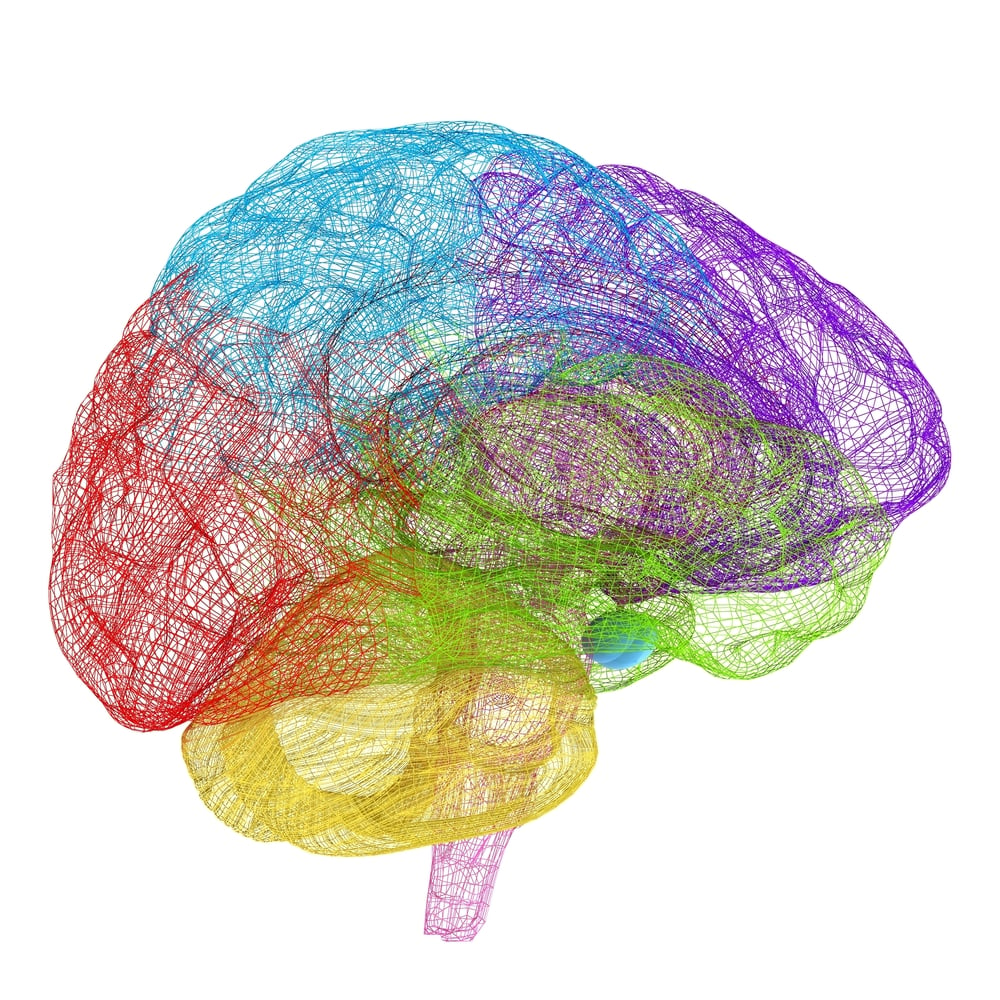“English A was ‘a disaster and French was like medieval torture. To sit down with a blank piece of paper and write was the most traumatic thing that had ever faced me in life. I had ideas in my head, but I could not get the stuff down. It was a crushing time.” – Charles Schwab “It will be particularly helpful if they give themselves practice in precis writing, paraphrasing, and note-taking. If one has to write a precis one is forced not only to think out carefully what are the key ideas in a particular passage but also to express them concisely, accurately, and clearly. Paraphrasing makes similar demands and also forces one to consider the style of the original and to be critical […]
Effect of Strength-Based Coping on Children’s Stress and Coping
From Australia: "Strength-based parenting is an approach where parents deliberately identify and cultivate positive states, processes and qualities in their children," Professor Waters said. "This style of parenting adds a 'positive filter' to the way a child reacts...
How To Become Invincible – Sort Of
Well, maybe not invincible, but you know what we mean. There's a new idea circulating among business leaders and entrepreneurs. It's not mindset or grit, but of course those are important. It's rejection therapy. Some people think part of the reason for higher than...
Teaching Bilingual ELL Students with Dyslexia in the General Classroom [Premium]
Almost 1 out of every 10 students in public school classrooms are English Language Learners (ELLs). Because dyslexia is also common throughout the world (10-15%), some ELL students are dyslexic. For ELLs, identifying dyslexia can be a complicated process, sorting out the effects of language exposure, bilingualism (or multilingualism), and vocabulary in the 2nd language. Regardless, general education teachers can incorporate many ‘best practices’ that can support all of their students whether they ELL only ELL who are also dyslexic. The challenge for teachers of bilingual students is that they may not have an easy way of knowing how to factor in a student’s prior language instruction and exposure and how that impacts dyslexia per se. Whenever possible, students benefit by academic vocabulary and concept […]
Different Brain Connectivity Patterns for Dyslexics During Literacy Development
In a report from NeuroImage, researchers reported a different pattern of connectivity as children matured from pre-readers (6 years) to emerging readers (8 years) to readers (12 years). This study provides additional evidence that dyslexic children's path to literacy...
[Premium] Math Journal Club: Strategic Instruction for Fractions
This past week, researchers published an interesting study that suggested that students should receive explicit instructions about why certain approaches are chosen for certain types of math programs. As it turns out, studies of strategic math instruction seems to especially benefit students with “learning disabilities.” This approach should be valuable to students with dyslexia because rather than having to memorize multiple steps of math problem solving, they learn to recognize the different categories of problems that are presented giving them the opportunity to choose the approach that is best for them. Rather than presenting with a large quantity of math problems that they are left to solve on their own, students are first divided into groups depending on how they initially choose to solve a problem. Rather […]




![Teaching Bilingual ELL Students with Dyslexia in the General Classroom [Premium]](https://www.dyslexicadvantage.org/wp-content/uploads/2016/10/ELL-our-shutterstock.jpg)

![[Premium] Math Journal Club: Strategic Instruction for Fractions](https://www.dyslexicadvantage.org/wp-content/uploads/2016/08/maths-our-shutterstock-scaled.jpg)













